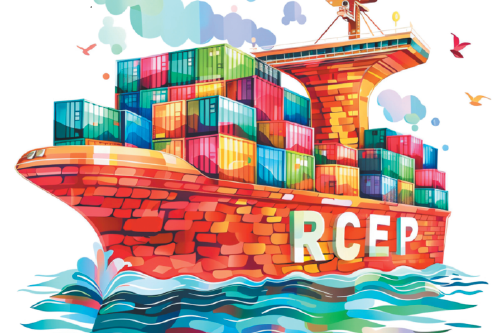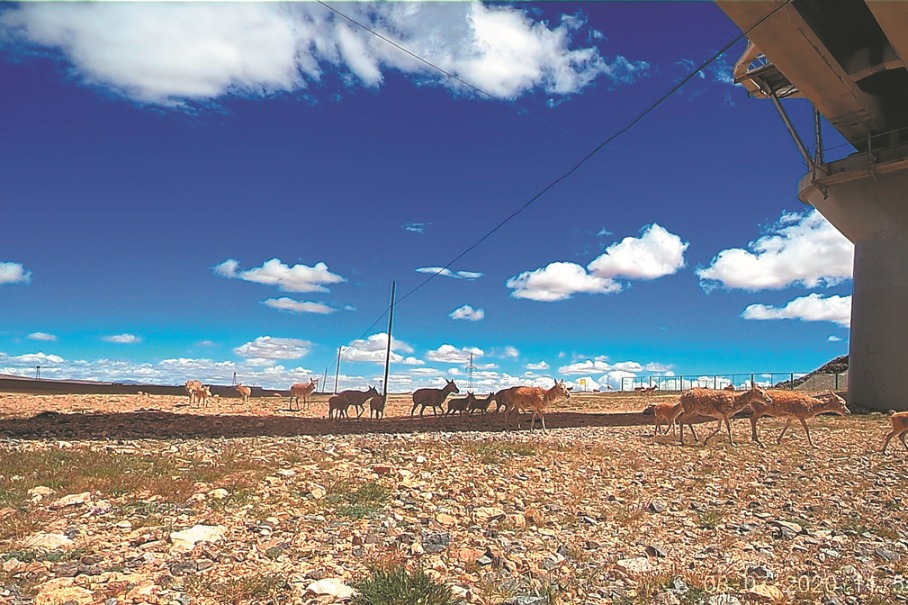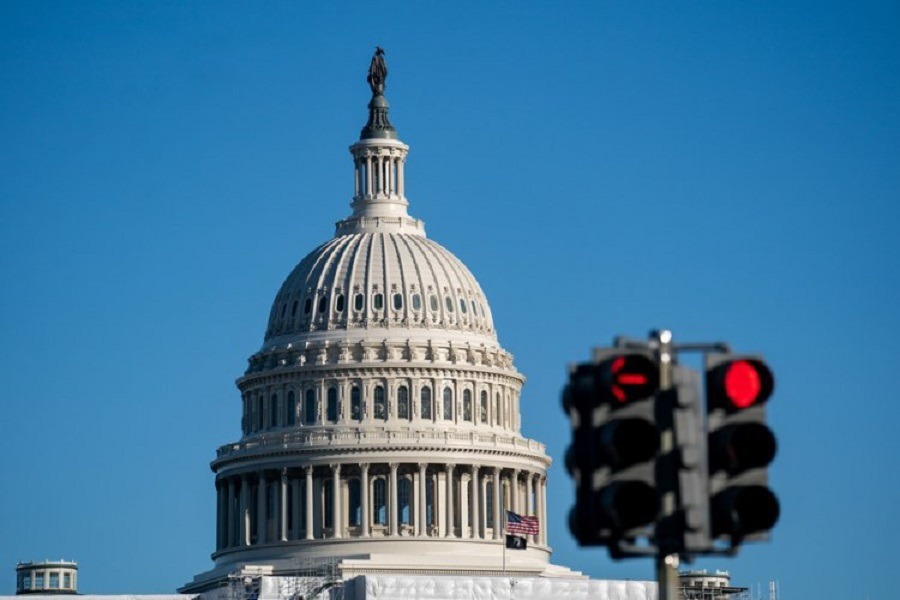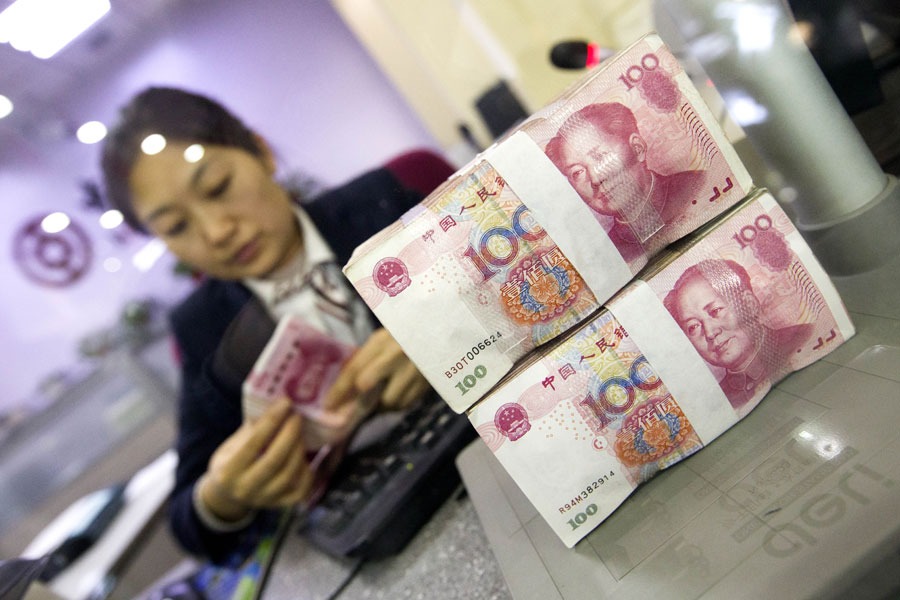Beijing can make life more convenient for all residents
While reading a Beijing newspaper, two stories at the bottom of a page caught my attention.
China aspires to become a superpower of global peace
The past few days have proved that China is an honest and unbiased peace broker — the latest examples being its efforts to mediate peace between Russia and Ukraine, and between Israel and Palestine.
Most Viewed in 24 Hours
Forum























